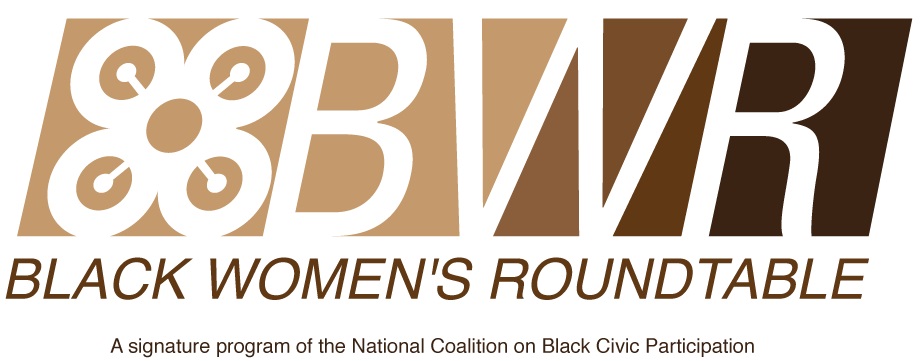The Affordable Connectivity Program Helps to Level the Playing Field for Low Income Households

Friday, June 17, 2022
Digital Beat
The Affordable Connectivity Program Helps to Level the Playing Field for Low Income Households

Whether working from home, learning remotely, or accessing telehealth services, high-speed internet has become a vital service in U.S. homes—but not everyone can afford its cost. This is why the Affordable Connectivity Program (ACP) can be a game-changer by providing equitable access to high-speed internet services for low-income families and individuals.
For most U.S. households, high-speed internet service is considered a necessity rather than a luxury. But for low-income families and individuals, it remained an elusive commodity. The COVID-19 pandemic laid bare this disparity in internet connectivity as shelter-in-place mandates forced students to attend classes from home, and families and individuals had to turn to the internet to seek employment opportunities, healthcare, financial and social services, and stay connected to family members and friends.
Recognizing this disparity and the importance of home internet access during the pandemic, the federal government implemented the Emergency Broadband Benefit (EBB) Program, which provided a temporary discount on internet bills to families and individuals who could not afford internet access at home. The EBB has been replaced with the ACP, a long-term program that provides eligible households a discount of up to $30 per month on their internet service and up to $75 per month for households on qualifying Tribal lands. The ACP also provides eligible households a one-time discount of up to $100 to purchase a laptop, desktop computer, or tablet.
The ACP helps low-income families and individuals ease the financial burden of making tough choices between paying for groceries and other household necessities or paying for high-speed internet service. The funds that the ACP provides for eligible households to afford high-speed internet access can help level the playing field for low-income families and individuals by increasing their access to educational, employment, and entrepreneurship opportunities; civic engagement; telehealth services; and more.
High-speed internet service is no longer a luxury—it is a necessary lifeline. Equitable access to high-speed internet service for low-income families and individuals is imperative for the U.S. to close the internet access gap and build a viable workforce and economy, innovative businesses, and increase civic engagement. The ACP is a step in the right direction to make all of this happen.
Spread the word about the ACP which is located at AffordableConnectivity.gov.
Joycelyn Tate is the senior technology policy advisor for the Black Women’s Roundtable, CEO of Tate Strategies, and co-founder of Make Innovative Technology for Change (MakeIT4Change) Innovation Hub, a nonprofit organization that empowers youth and adults to create technology for social change. She is a thought leader and national expert on the intersection of technology, race, and gender within the context of equity and civil rights. Joycelyn serves as a member of the Communications Equity and Diversity Council at the Federal Communications Commission. She previously served on the board of directors of the Universal Service Administrative Company.
The Benton Institute for Broadband & Society is a non-profit organization dedicated to ensuring that all people in the U.S. have access to competitive, High-Performance Broadband regardless of where they live or who they are. We believe communication policy - rooted in the values of access, equity, and diversity - has the power to deliver new opportunities and strengthen communities.
© Benton Institute for Broadband & Society 2022. Redistribution of this email publication - both internally and externally - is encouraged if it includes this copyright statement.
For subscribe/unsubscribe info, please email headlinesATbentonDOTorg






